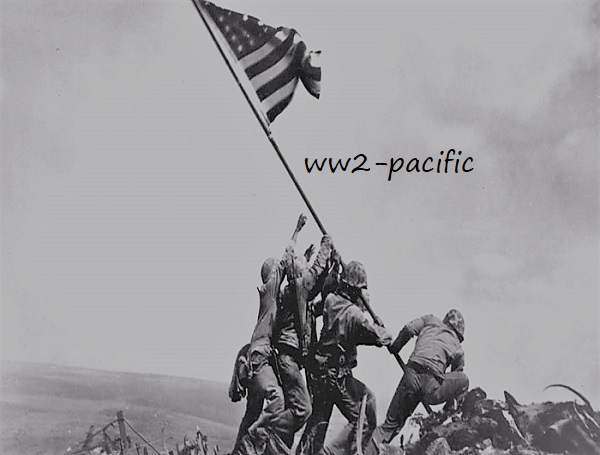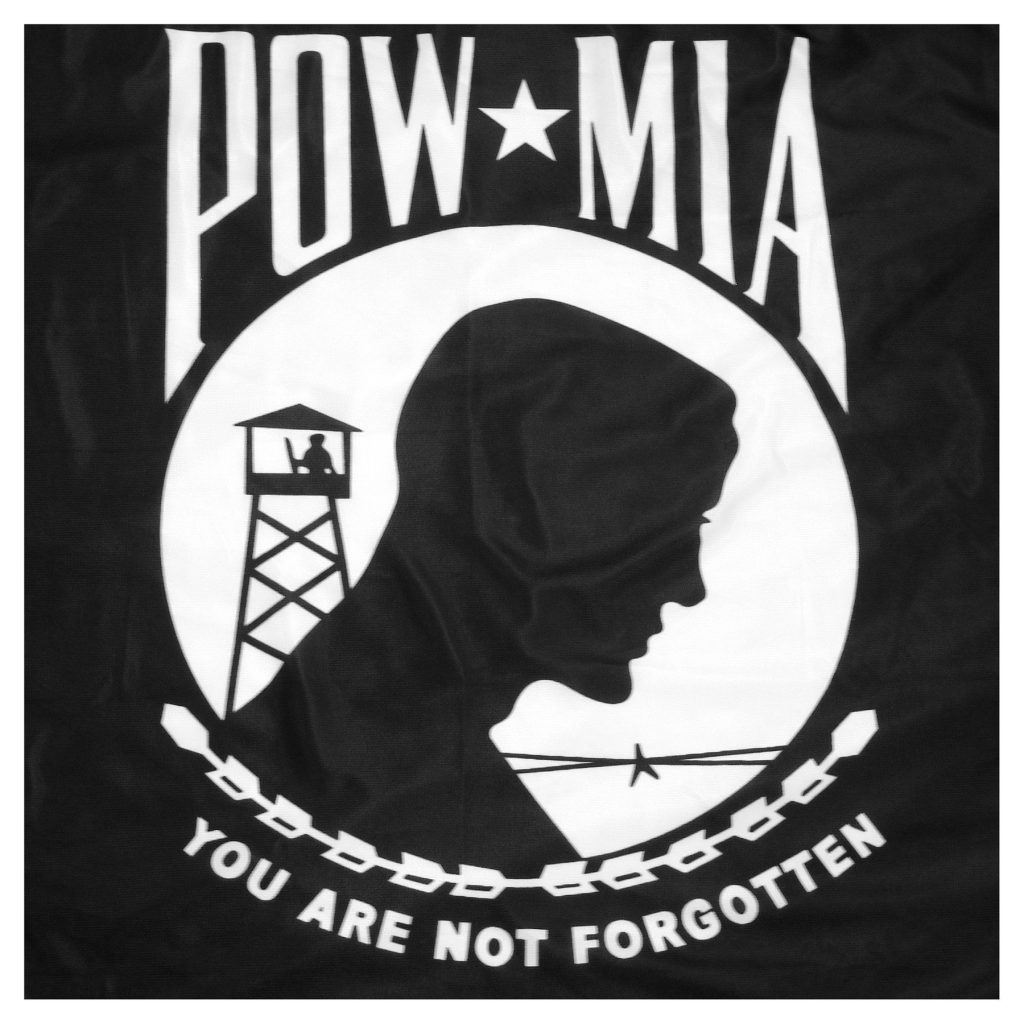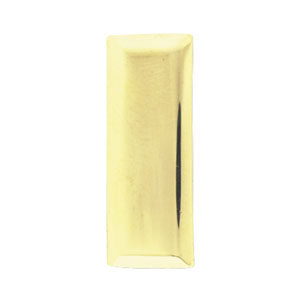Rank and Name, Second Lieutenant Arthur A. Amron.
Unit/Placed in, 48th Materiel Squadron.
Arthur is born approx. on 1918 in Queens, New York.
Father, Samuel Amron.
Mother, Rose Amron.
Both born in Russia.
Arthur enlisted the service in New York with service number # 0-396697.
Arthur was KIA when he was doing patrols and fighting as Infantry soldiers during the Japanese invasion on Feb. 27, 1942, he is honored with a Silver Star Medal, Purple Heart, Good Conduct Medal, American Campaign Medal, Distinguished Unit Citation, Asiatic-Pacific Campaign Medal, WW II Victory Medal.
Arthur is buried/mentioned at Manila American Cemetery and Memorial Manila, Metro Manila, National Capital Region, Philippines.
Walls of the missing.
Thanks to,
Jean Louis Vijgen, WW2-Pacific Website.
Air Force Info, Rolland Swank.
ABMC Website, https://abmc.gov
Navy Info, http://navylog.navymemorial.org
POW Info, http://www.mansell.com Dwight Rider and Wes injerd.
Family Info, https://www.familysearch.org
Marines Info, https://missingmarines.com/ Geoffrey Roecker
Info, https://www.pacificwrecks.com/
Medals Info, https://www.honorstates.org
Philppine Info, http://www.philippine-scouts.org/
Find a Grave, https://www.findagrave.com
THE AMRON PATROL On 26 February, 1942 Regimental Headquarters sent orders for Lt. Arthur A. Amron of the 48th to lead a 20 man patrol consisting of men from all squadrons. Their objective was to scout the area around the church at the town of Balanga which was used as an artillery observation post. Equipped with ’03 Springfield rifles, most without slings, and unreliable grenades, the patrol left under the cover of darkness. After traveling 6 Km beyond the OPLR the patrol arrived at Barrio Cupong. Barrio Cupong had already been destroyed but Lt. Amron checked the area to insure a safe route of withdrawal if needed. Balanga church was in sight and Japanese equipment could be seen on the steps outside. Leaving the patrol as a covering force, Lt. Amron and staff Sgt. Marshall entered the building. Once in the church on the first floor they killed two Japanese soldiers with rifle fire. Immediately, hostile relief fire could be heard outside. On the way out Lt. Amron decided to search one of the cloakrooms. As he kicked in the door he was met with machine gun fire. Critically wounded he staggered and fell and was dragged outside the church and propped up against the wall. Sgt. Marshall returned inside and threw grenades into the room killing the enemy within. Other men of the patrol came running up to help Lt. Amron to safety. Thinking of the situation and the safety of the men, he cried out, “Damn it1 Get the men the hell out of here. I can’t make it”. Lt. Amron died while he was being carried and due to the heavy action his body had to be left behind. His body was abandoned and never recovered. Due to increased Japanese resistance, the patrol had no choice but to withdraw back to the OPLR. Great courage and sacrifice was shown here by all the men. After the war, on April 17th, 1948, Lt. Arthur A. Amron was posthumously awarded the Silver star. Lt. Amron came from a wealthy family of Rockaway, New York. It has also been said that he had half interest in the Jack Dempsey Cafe. After the death of Lt. Amron the 3rd Platoon was then commanded by the Mess officer, Lt. Milton B. Geissmann. Unrelated to the Amron Patrol one night, probably in March, Lt. Brown was injured by tripping and falling into a trench. His platoon was taken over by Sgt. Stanley Aaron. On 6 April, 1942 Capt. Byrne was ordered back to the hospital area and Capt. Theodore Bigger became Squadron Commander.



